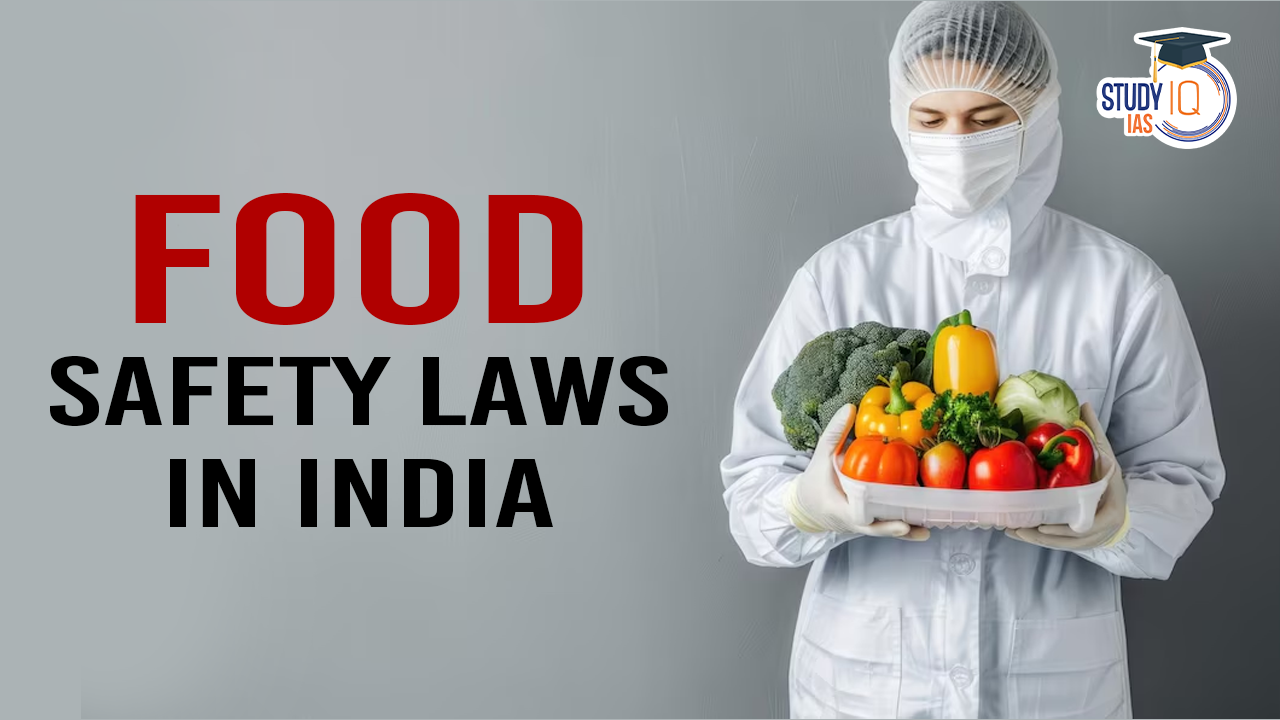Table of Contents
Context
The Uttar Pradesh government made it mandatory for food establishments to “prominently” display the names of key personnel such as the operator, proprietor, manager, and other relevant staff.
Supreme Court Ruling
- On July 22, 2024, the Supreme Court stayed similar orders issued by police in UP and Uttarakhand related to the kanwar yatra.
- The court clarified that only the competent authority under the Food Safety and Standards Act, 2006 (FSSA) has the power to issue such directives, not the police.
Requirements Under the Food Safety and Standards Act (FSSA)
- Display of Information: According to FSSA regulations, food establishments must display:
- A registration certificate or licence issued by the Food Safety and Standards Authority of India (FSSAI).
- A photo identity card for petty food manufacturers, which should be prominently displayed at all times within their premises or vehicles.
Additional State Regulations
- Under Section 94(1) of the FSSA, state governments are allowed to make rules, with prior approval from the Food Authority.
- Section 94(2) details the areas where states can make rules, such as additional duties for the State Commissioner of Food Safety.
- Section 94(3) requires these rules to be presented before the state legislature for approval.
Penalties for Non-compliance
- Operators without a licence can face penalties under Section 63 of the FSSA, which includes:
- Up to six months in prison.
- Fines up to ₹5 lakh.
- If a food business fails to comply with an Improvement Notice issued by the food authority under Section 31, they may face suspension or cancellation of their licence.
Specific Penalties for Violations
- Under Section 58, penalties for contraventions without specific penalties can extend up to ₹2 lakh.
- Repeat offenders may incur double penalties and additional fines on a daily basis, potentially leading to licence revocation under Section 64.
Legal Challenges
- The directives faced legal challenges on grounds of discrimination based on religion and caste identities.
- Petitioners argued that these orders violated constitutional rights under:
- Article 15(1): Prohibiting discrimination based on religion, race, caste, or sex.
- Article 19(1)(g): Protecting the right to practise any profession.
- Article 17: Abolishing untouchability.
Conclusion
The recent developments in Uttar Pradesh and Himachal Pradesh reflect a broader trend towards enhancing transparency in food safety regulations. While states have the power to impose additional requirements under the FSSA, they must ensure compliance with existing laws and avoid infringing on individual rights. The legal framework established by the FSSA provides mechanisms for accountability but also emphasises that any additional state directives must align with constitutional protections.


 National Judicial Appointments Commissio...
National Judicial Appointments Commissio...
 GPS Spoofing and Its Impact in India: A ...
GPS Spoofing and Its Impact in India: A ...
 Amrit Gyaan Kosh Portal: A Comprehensive...
Amrit Gyaan Kosh Portal: A Comprehensive...





















